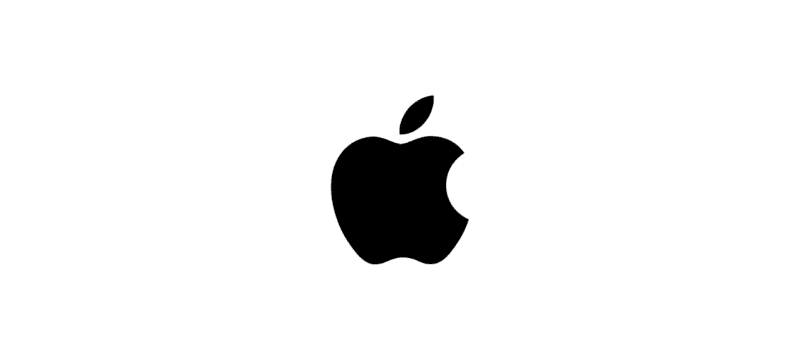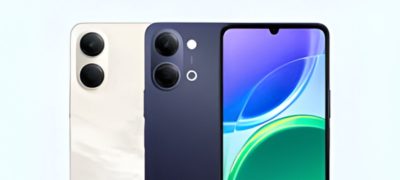As Apple gears up for its annual WWDC event, the tech giant is under pressure like never before. With key AI features promised last year still delayed and mounting regulatory scrutiny over App Store practices, the company faces a turbulent road ahead.
While rivals like Google and Microsoft roll out advanced AI tools, Apple’s Siri upgrades and in-house models remain a work in progress. Developers had hoped for a breakthrough this year, but most of Apple’s AI improvements are now expected in 2026.
Also Read: Apple Unveils Liquid Glass Interface, Marking a New Chapter in Software Design
Adding to the storm, courts in the US and EU are eyeing Apple’s App Store fees, and former allies are starting to question the company’s tight control. Meanwhile, potential 25% tariffs on iPhones and a 40% stock dip this year have rattled investor confidence.
Although Apple has launched writing and image tools via OpenAI collaborations, it still lacks a “multi-modal” AI model that could support future products like smart glasses. In contrast, Meta and Google are pushing ahead with cheaper, AI-powered wearables, challenging Apple’s $3,500 Vision Pro.
Despite these challenges, some analysts believe Apple can catch up by partnering with other AI firms—and that consumers may not yet be prioritizing AI in their buying decisions.









